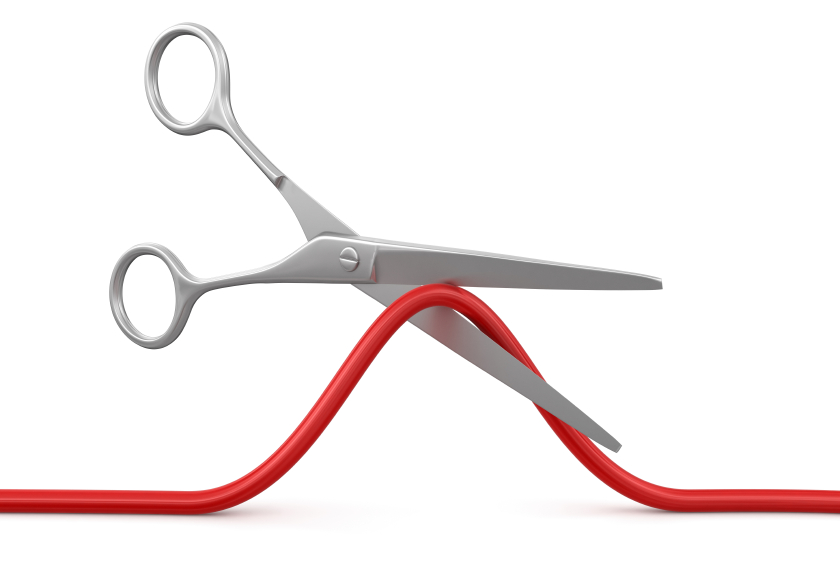Governments hooked on chaotically delivered wind and solar soon start restricting and micromanaging household power use around calm weather and sunset.
So-called ‘smart meters’ are a very dumb response to intermittent wind and solar – even dumber energy sources.
‘Demand management’ is not about giving power consumers what they need, it simply means shutting off power to industry, businesses and households – and even forcing hospitals to switch their lights and air conditioners off – among other indignities, whenever the sun sets and/or calm weather sets in. That’s what our ‘inevitable transition’ looks like at the macro level.
At the micro level, there’s the push to have smart meters installed in every home or business premise, in order that the grid manager can literally hold consumers to ransom, whenever renewable energy output collapses.
Now that the choice is between paying through the nose or freezing or boiling in the dark, a few are starting to wake-up to what’s really going on behind the meter, as Paul Homewood reports below.
Surge Pricing For Power On The Way
Not a Lot of People Know That
Paul Homewood
17 April 2024
Probably the worst kept secret of the year:
Smart meters and other energy appliances such as heat pumps will be equipped with a surge pricing function under plans being put forward by ministers.
The proposals under consultation by the Department for Energy Security and Net Zero (DESNZ) would require a string of devices to be “smart” by default, allowing them to take advantage of so-called time of use tariffs.
As an example of surge pricing, these tariffs charge households more for electricity when demand is highest and less when it is lower.
Supporters argue they could lead to household savings if appliances or electric cars are programmed to only draw power when prices are low.
However, critics fear they could penalise customers for consuming electricity when they need it most.
The new standards put forward by ministers will also require energy appliances to meet a minimum threshold for cyber security and interoperability, the latter to ensure that all smart meters continue to function correctly after a change of supplier.
In an announcement, the Government said: “Smart appliances enable consumers to manage their energy use to benefit from cheaper tariffs at times of low electricity demand, for example a smart charge point which waits for a period of low demand overnight to charge the car.
“This will reduce the consumer’s bill while also ensuring that their car is ready to be used in the morning.
“By shifting some electricity use away from peak periods, this will ease pressure on the grid and reduce reliance on backup fossil fuel generation and the need for new infrastructure like pylons.”
Forget about the pathetic waffling from the government about reducing bills, reducing fossil fuels and saving on infrastructure. Nobody will be better off.
No, this is an admission of failure. That we can no longer rely on a reliable supply of electricity, and that it will have to be rationed one way or another when supply is tight. And this won’t only be at times of peak demand – there will be many weeks a year when we will be short of power continuously for days on end. Charge your EV? Yes sir, but that will cost you dear!
And be under no illusions. When surge pricing still fails to reduce demand by enough, the sledgehammer will come out, and appliances will be turned off without us having any choice in the matter.
Not a Lot of People Know That




Shutoffs, but not to industries or businesses that contribute to the ‘correct’ political campaigns. (BTW, that’s a handsome ‘Smart’ meter – mounted on garbage particle board.)